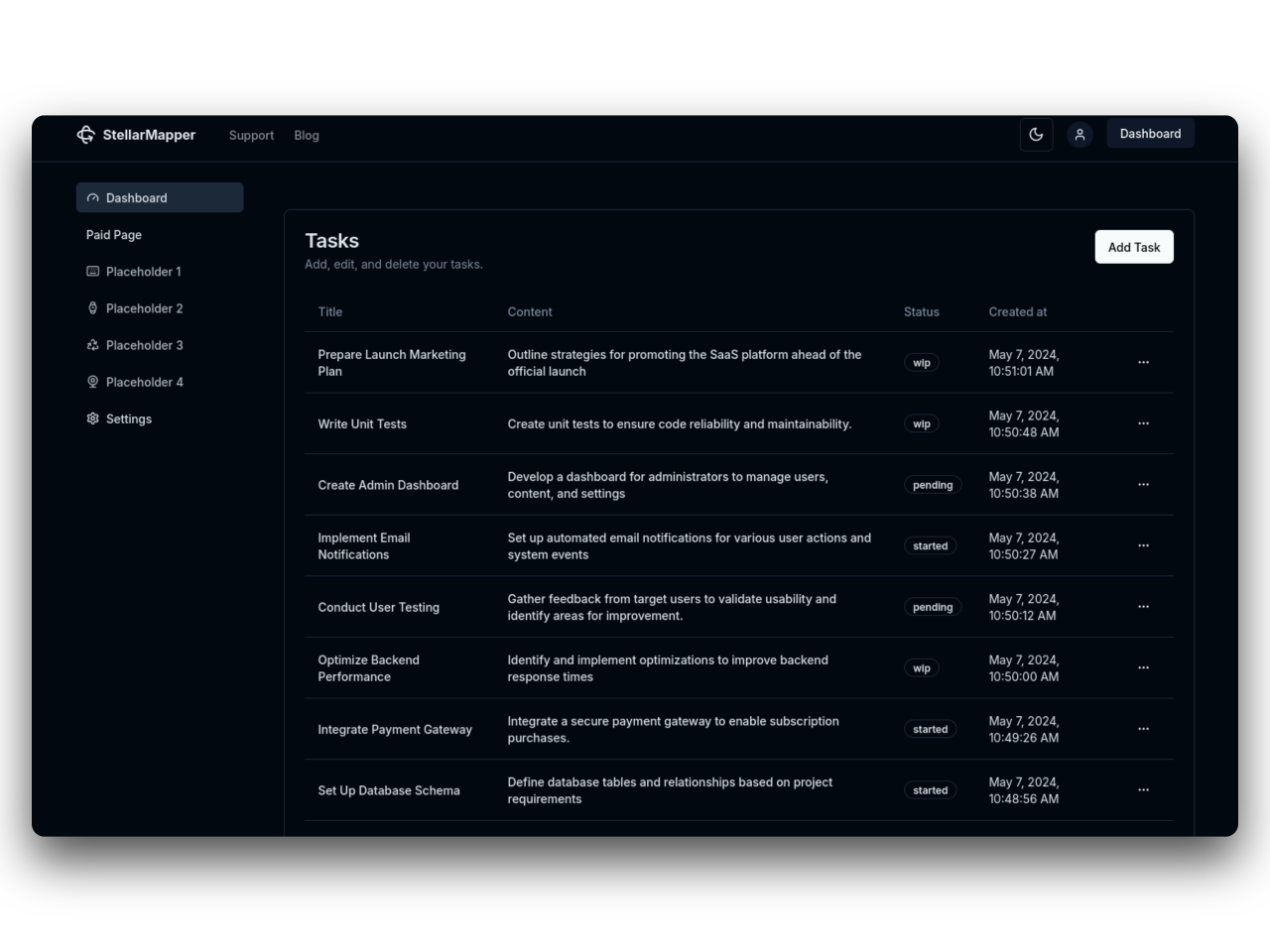Navigating Legal Considerations for SaaS Businesses
Running a Software as a Service (SaaS) business comes with a unique set of opportunities and challenges. While offering a cloud-based service can lead to substantial customer acquisition and recurring revenue, it also brings a series of legal considerations that entrepreneurs must navigate diligently. In this blog post, we’ll explore the vital legal aspects every SaaS entrepreneur should be aware of, from contracts to data protection.
Understanding the SaaS Business Model
Before diving into legal considerations, it’s essential to grasp the SaaS model itself. SaaS is a software distribution model in which third-party providers host applications and make them available to customers over the internet. This on-demand software licensing is typically subscription-based, which allows for a consistent revenue stream for businesses. However, it also raises specific legal considerations that are critical to ensuring compliance and mitigation of liability.
Key Legal Considerations for SaaS Businesses
1. Service Level Agreements (SLAs)
One of the most critical components of a SaaS offering is the Service Level Agreement (SLA). This document outlines the expected service performance, including uptime guarantees, response times, and remedies in cases of service interruptions. Properly defining SLAs can:
- Build trust and credibility with customers.
- Clearly detail the responsibilities of both the SaaS provider and the client.
- Mitigate potential disputes by documenting expectations.
2. Terms of Service (ToS) and Privacy Policies
Terms of Service (ToS) are essential for any SaaS business. They outline the rules and guidelines users must agree to when using the software. Key elements include:
- User obligations and restrictions.
- Intellectual property rights.
- Termination of the service.
- Limitation of liability.
Privacy Policies must also be in place to comply with global data protection regulations. This document explains how user data is collected, stored, processed, and shared. It's imperative for businesses that operate in regions with stringent privacy laws, such as the EU’s General Data Protection Regulation (GDPR), which imposes strict requirements on data handling.
3. Compliance with Data Protection Laws
In an age where data breaches are increasingly common, compliance with data protection laws is non-negotiable for SaaS businesses. Here are key regulations to consider:
- GDPR: If you serve customers in Europe, you must adhere to GDPR requirements, including obtaining consent for data collection and providing users with rights regarding their data.
- California Consumer Privacy Act (CCPA): For businesses operating in California, the CCPA mandates transparency in data collection practices and provides consumers with the right to access and delete their data.
- Health Insurance Portability and Accountability Act (HIPAA): If your SaaS platform handles protected health information (PHI), you will need to comply with HIPAA regulations, ensuring confidentiality and security of patient data.
4. Intellectual Property Protection
Intellectual Property (IP) is a crucial asset for any SaaS business. Protecting your software, logo, and branding will help prevent others from using your inventions without permission. Here’s how to safeguard your IP:
- Copyright: Secure copyright for your software code, user interfaces, and any original content you create.
- Trademark: Register trademarks for your business name and logo to prevent other entities from using similar branding that might confuse consumers.
- Patents: If applicable, consider filing for a patent to protect unique aspects of your software functionality.
5. Licensing and Use Agreements
Licensing is another critical aspect of SaaS legal considerations. Properly structured licensing agreements can safeguard your IP while providing clarity on how your customers can use your software. Considerations should include:
- Types of licenses (subscription, perpetual, etc.)
- Restrictions on use, such as prohibiting reverse engineering or sharing credentials.
- Licensing fees and payment terms.
6. Liability and Indemnification
Every SaaS business should assess potential liabilities and how to mitigate them through indemnification clauses. An indemnification clause protects your business against legal claims arising from:
- Customer misuse of the software.
- Data breaches or privacy violations caused by the customer's actions.
- Intellectual property infringement claims from third parties.
7. Employment and Contractor Agreements
As your SaaS business grows, assembling a reliable team becomes critical. Each employee or contractor should have appropriate agreements addressing:
- Confidentiality and non-disclosure requirements to protect sensitive information.
- Ownership rights over any intellectual property they create while working with you.
- Terms of employment or engagement, including payment and termination conditions.
8. Dispute Resolution
Consider including a dispute resolution clause in your ToS and other agreements. This clause can specify how disputes will be resolved, whether through mediation, arbitration, or litigation, and can help avoid expensive court battles.
Conclusion
Navigating the legal considerations for a SaaS business requires foresight and diligence. Compliance with laws and proper structuring of legal documents not only protects your business but also builds trust with your customers. As SaaS continues to grow, so will the complexity of its legal environment, making it essential for business owners to engage with legal professionals experienced in technology law.
By taking proactive steps and prioritizing legal considerations, you can focus on what really matters: developing a remarkable software solution that meets the needs of your customers while safeguarding your business interests.
